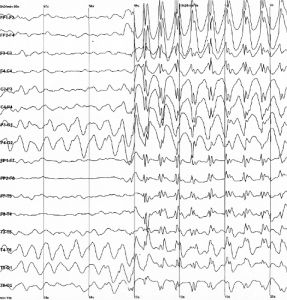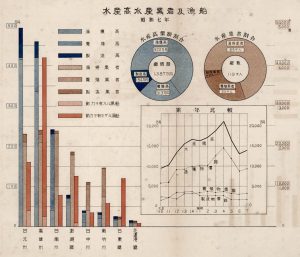Module 02: Research Methods & Neuroanatomy

Description: Cognitive psychology relies on systematic research methods to understand mental processes that cannot be directly observed. This module examines how cognitive psychologists design experiments, measure mental processes, and use brain imaging techniques to study thinking and memory.
Why This Module is Important: Understanding research methods helps counselors evaluate the effectiveness of different therapeutic approaches and assessment tools. Therapists use this knowledge to measure client progress and choose evidence-based interventions. In clinical settings, this understanding helps practitioners interpret psychological assessments and explain results to clients. Beyond counseling, these research skills are essential for educational psychologists developing learning interventions, user experience researchers testing interface designs, and artificial intelligence developers validating cognitive models. This knowledge helps you critically evaluate and apply cognitive research in any context.
 Module Learning Objectives: By the end of this module students will be able to…
Module Learning Objectives: By the end of this module students will be able to…
- MLO1: Operationally define complex psychological constructs. (CLO1, CLO2, ULO2, APA1, APA2)
- MLO2: Explain the role of statistics in cognitive research. (CLO3, ULO2, APA4)
- MLO3: Evaluate the use of brain imaging techniques in cognitive psychology. (CLO2, CLO4, ULO2, APA2, APA4)
Media Attributions
- Spike Waves, Licensed under CC BY-SA 2.0
- Charts of Fishing Industry in Taiwan 1932, Public domain image

